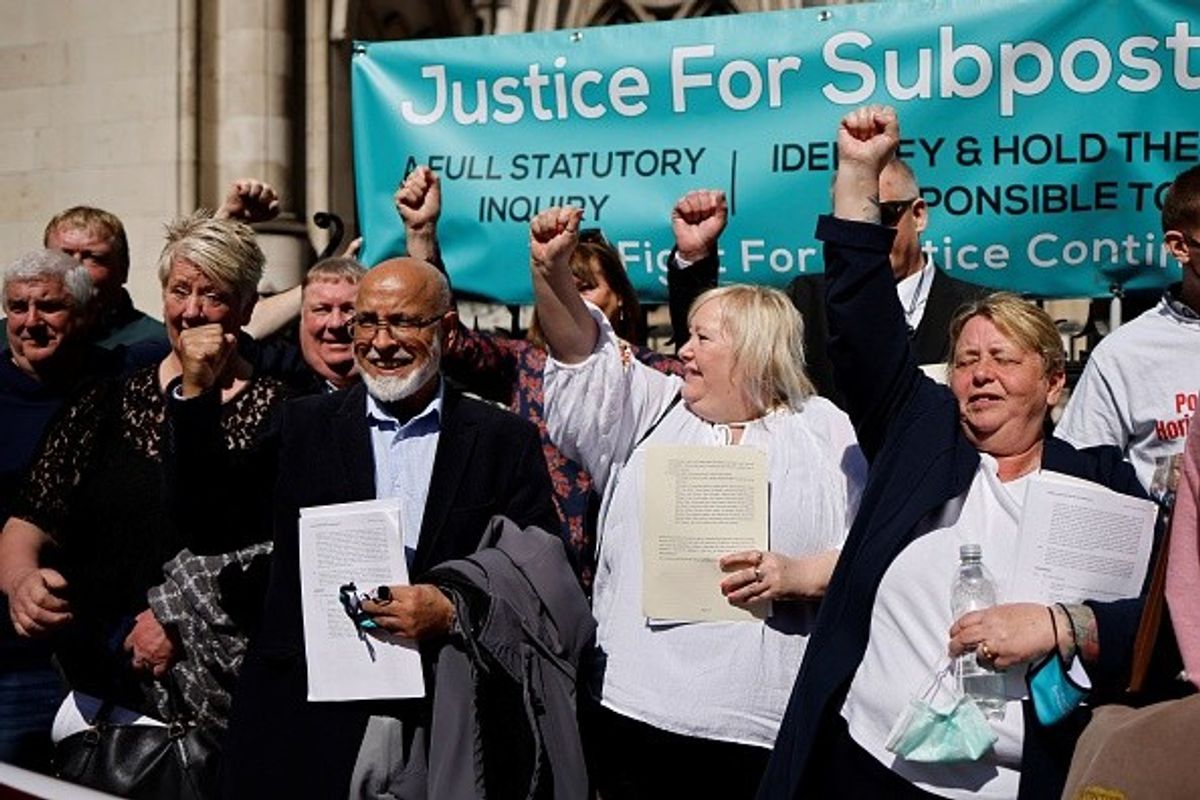Survivors of the Post Office Horizon scandal have experienced deep trauma and can be left feeling re-victimised, a recent study has shown, highlighting the need to reform the legal system so it better serves victims.
A new research from research from the University of Exeter and UCL has shown how the trauma of the Post Office’s misconduct has rippled out through victims families’ lives and how many have been re-victimised at each stage of their fight for justice.
Laying bare how the stigma of false accusation and financial ruin devastated the lives of subpostmasters and those close to them, the research shows how having to engage with an adversarial legal system to fight for justice, and bureaucratic and slow redress schemes, have often caused secondary re-victimisation.
The research report outlines how delays to justice, and legalistic and adversarial procedures have caused and exacerbated psychological and emotional harm.
This has left many subpostmasters feeling retraumatised over the years.
They are distrustful of the institutions of government and mechanisms of justice, as well as the Post Office, and whilst many have drawn positives from the inquiry, some do not yet feel they have the full truth about what happened.
Their experiences highlight that there is a need to reform the legal system so it better serves victims, the experts say.
For the report, Dr Sally Day, Professor Richard Moorhead and Professor Rebecca Helm, from the University of Exeter, and Dr Karen Nokes, from UCL, interviewed 26 former subpostmasters, six partners, two children and one sibling.
Dr Day said, “What is clear from our interviews is the complex harms experienced by those affected and their loved ones.
“We found adversity and sacrifice but also stories of determination, hope and solidarity.”
Professor Moorhead said, “The thing that stands out from this work is the way an unjust accusation by the Post Office has spread through the lives of those accused and their families.
“With the exception of the ongoing inquiry, formal responses have tended to be cold and adversarial, which has been harmful to victims.”
Dr Nokes said, “Many subpostmasters went from being highly respected and central to their local community to being publicly vilified, and labelled a thief, for something they hadn’t done.
“Some experienced aggressive and distressing harassment and victimisation, including being spat at, and receiving abusive letters, phone calls and emails.
“There were clear ‘ripple effects’ – the reputational damage often extended to their families and people affected couldn’t get away from the stigma.”


